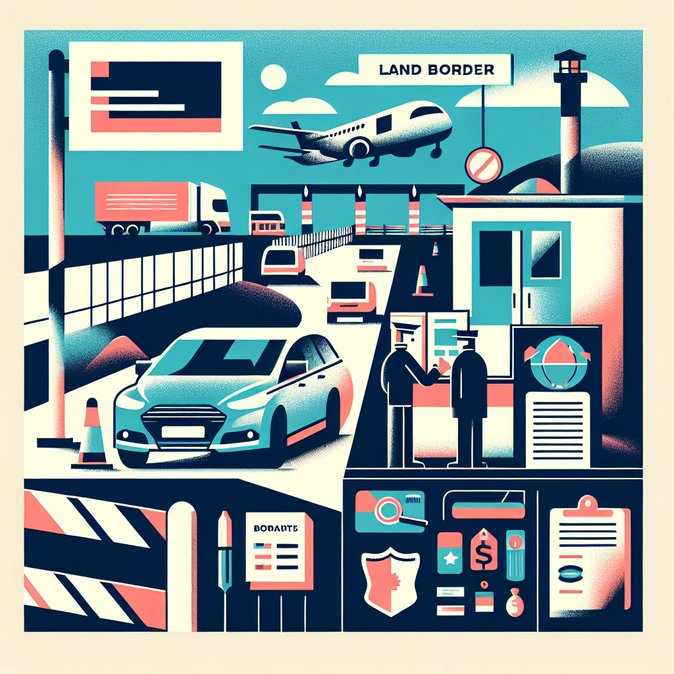
Weekend spot-checks by the Bundespolizei at the Waidhaus crossing on the A6 motorway—one of the main freight and commuter arteries between Germany and the Czech Republic—resulted in the arrest of a wanted Czech national and the refusal of entry to two Vietnamese travellers.
Officers apprehended a 38-year-old Czech driver subject to a German warrant for leaving the scene of an accident; unable to pay a €1,500 fine, he began serving an alternate custodial sentence. The next day a 35-year-old Vietnamese man with an invalid Hungarian residence card was turned back to the Czech Republic, and on Sunday a second Vietnamese passenger with a Schengen-wide entry ban was denied admission.
![German Border Police Step-Up Checks on A6, Make Arrest and Two Turn-Backs]()
The cases highlight Germany’s intensified land-border regime introduced in May 2025, under which more than 18,000 people have been refused entry in six months. Business travellers transiting by road should expect random document inspections even within the Schengen Area and ensure that residence permits issued by other member states remain valid and un-flagged.
For logistics companies, delays are still limited to a few minutes per vehicle, but the risk of driver detention rises if outstanding fines or entry bans surface in police databases. Firms may wish to run periodic background checks on cross-border staff and carry proof of employment to facilitate secondary screening.
Bavaria’s state interior minister has praised the operation as evidence that fixed-point controls remain necessary despite EU pressure to revert to open borders. A federal review of the six-month results is due in December and could determine whether the checks become semi-permanent.
Officers apprehended a 38-year-old Czech driver subject to a German warrant for leaving the scene of an accident; unable to pay a €1,500 fine, he began serving an alternate custodial sentence. The next day a 35-year-old Vietnamese man with an invalid Hungarian residence card was turned back to the Czech Republic, and on Sunday a second Vietnamese passenger with a Schengen-wide entry ban was denied admission.

The cases highlight Germany’s intensified land-border regime introduced in May 2025, under which more than 18,000 people have been refused entry in six months. Business travellers transiting by road should expect random document inspections even within the Schengen Area and ensure that residence permits issued by other member states remain valid and un-flagged.
For logistics companies, delays are still limited to a few minutes per vehicle, but the risk of driver detention rises if outstanding fines or entry bans surface in police databases. Firms may wish to run periodic background checks on cross-border staff and carry proof of employment to facilitate secondary screening.
Bavaria’s state interior minister has praised the operation as evidence that fixed-point controls remain necessary despite EU pressure to revert to open borders. A federal review of the six-month results is due in December and could determine whether the checks become semi-permanent.








